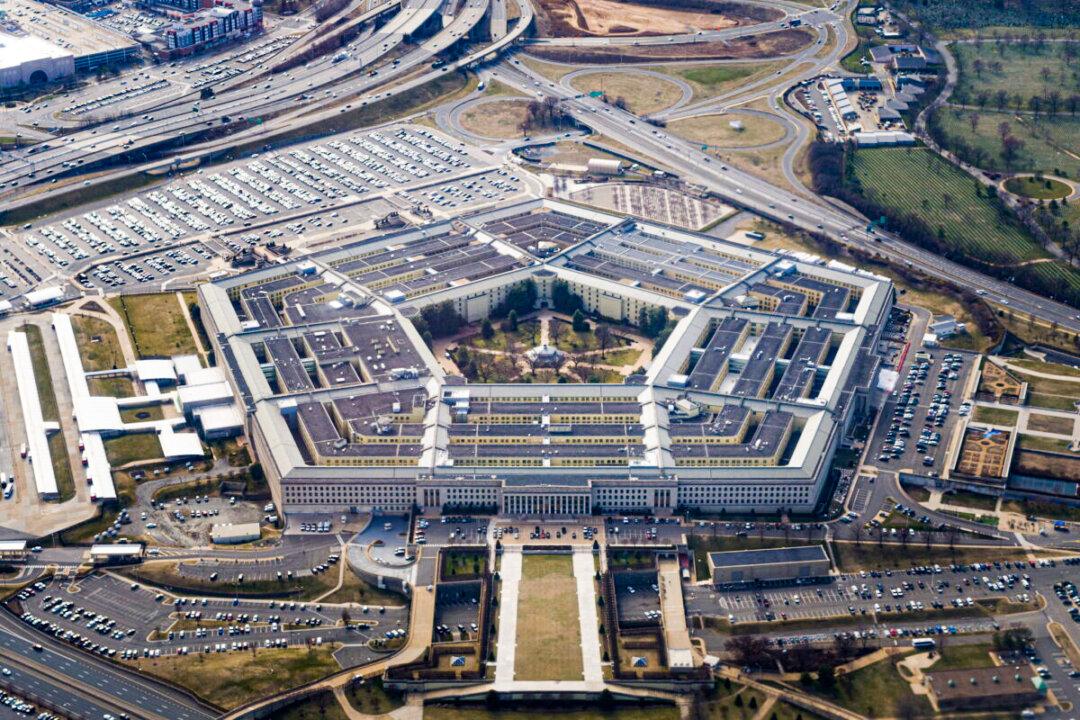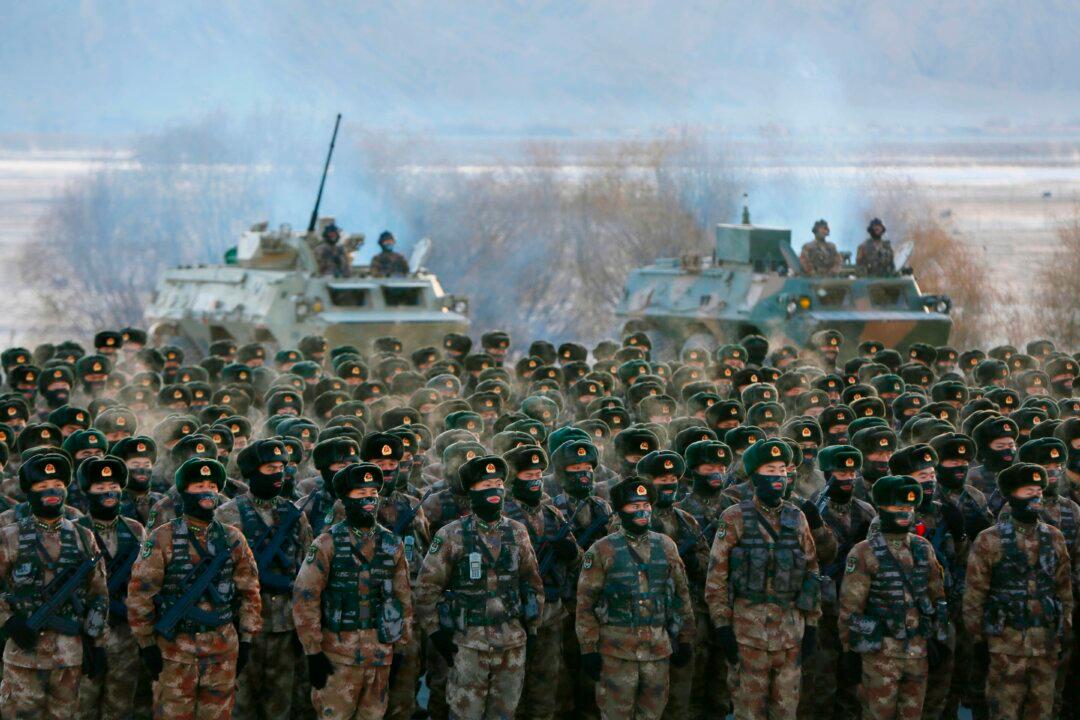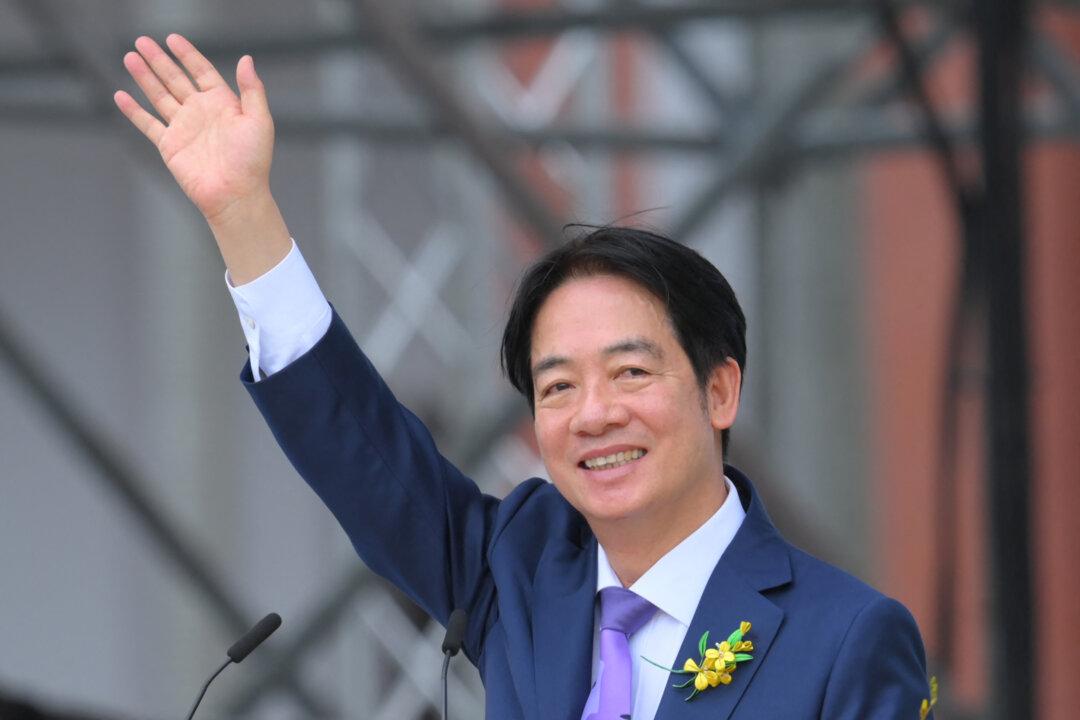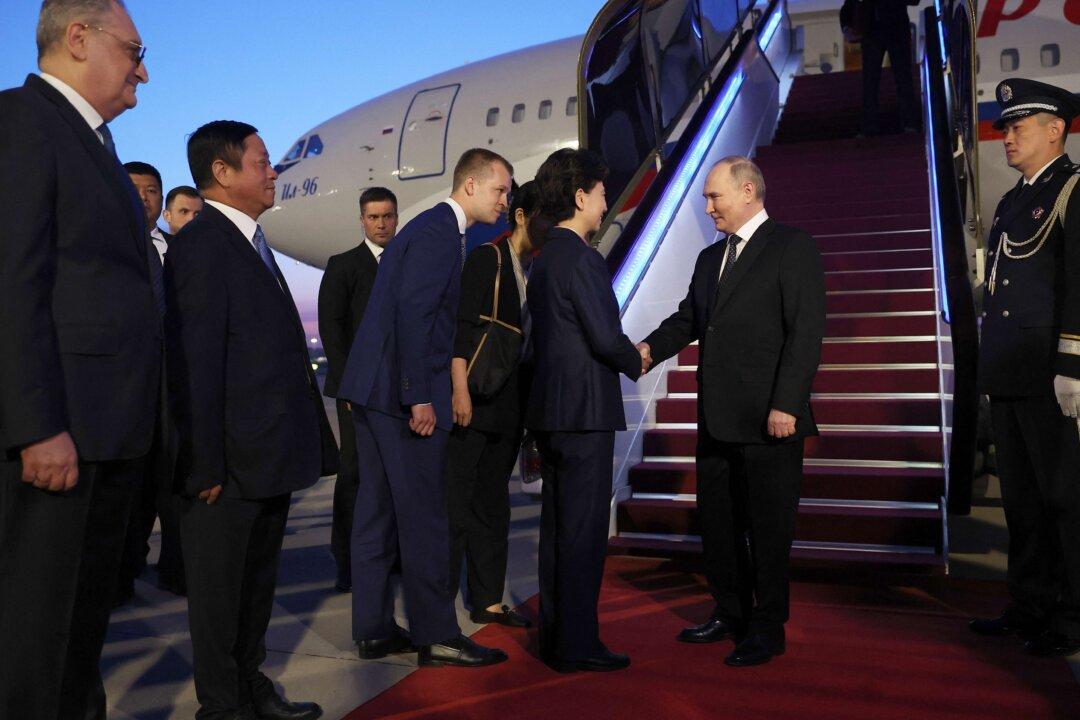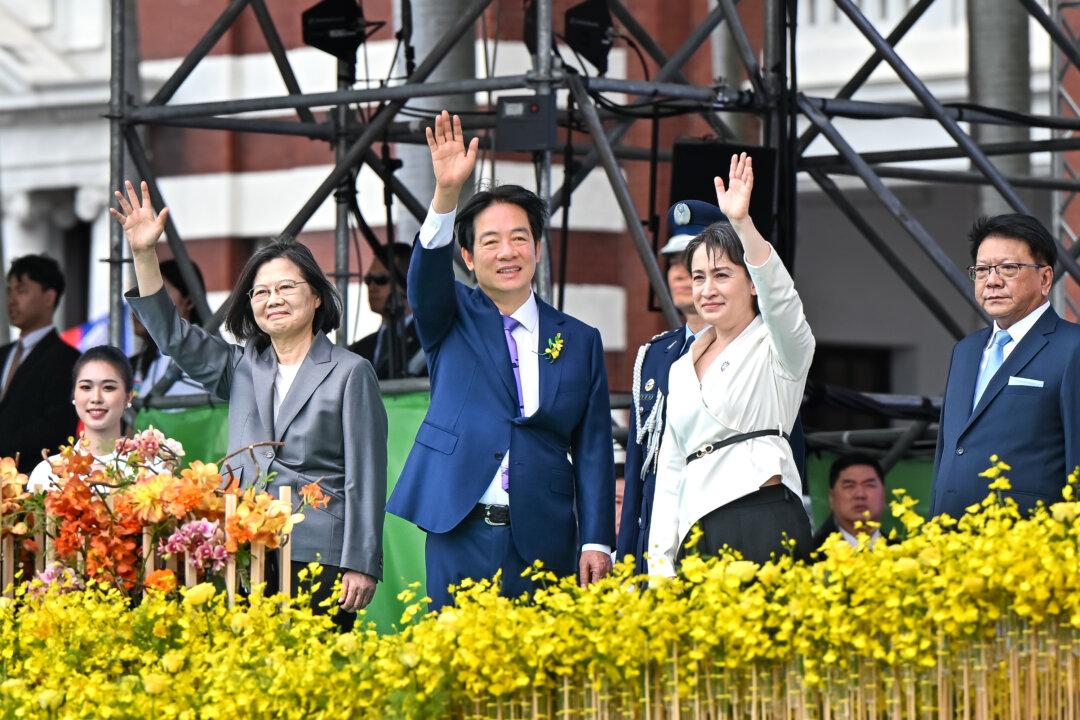Commentary
The rise of communist China requires the United States to employ the entirety of its capabilities, including a professional military. If the U.S. military loses its professionalism, it will eliminate its combat effectiveness and ability to innovate. In turn, this will weaken U.S. military power and ability to sustain alliance commitments in the competition with China.
